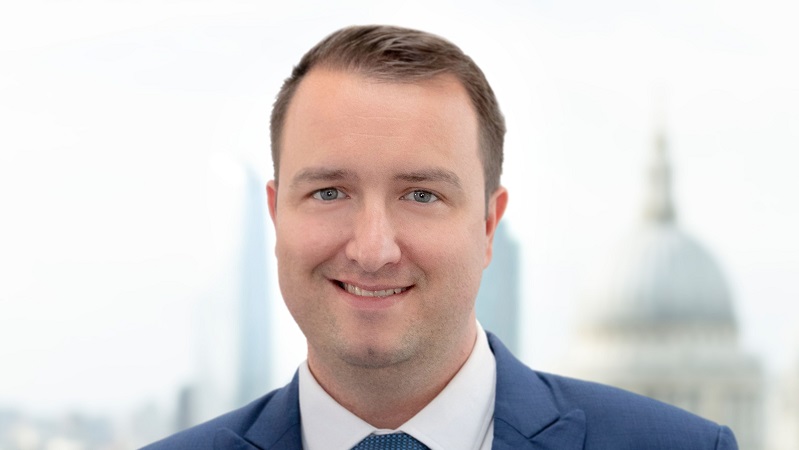Schroders has launched a range of risk-rated portfolios that combine active and passive management based on the view that passive is a better place to be in efficient markets.
The six multi-asset portfolios are run using a multi-manager approach and invest in a range of assets including investment trusts and exchange traded funds.
The funds will be managed by Alex Funk (pictured), chief investment officer of Benchmark Capital, the boutique manager in which Schroders has a stake.
Asset allocation will be determined by an independent investment committee, chaired by Funk, with input from Schroders and research from Rayner Spence and Mills Research (RSMR). A proprietary macroeconomic model is used to guide the allocation to active and passive.
In-house funds will not exceed 20% of portfolios
The portfolios are rebalanced and reviewed on a quarterly basis. They will not exceed 20% in Schroders’ funds and any in-house fund that does feature in the portfolios will undergo the same rigorous research process as external funds.
At launch, the range only owns two Schroders funds, one of which is managed by Cazenove. These are the Schroders Strategic Credit fund and the Schroders Diversified Alternative Assets fund.
The range carries an ongoing charges figure of between 0.72% in 0.85% which varies depending on the allocation to active and passive. The range is currently 60% invested in active funds.
Increase passive exposure in efficient markets
Funk said the approach is to increase passive exposure in efficient markets and invest actively with higher conviction in less efficient markets.
He added: “We aim to increase our passive holdings on an aggregate basis when the overall economy is moving into an expansion phase. We want to expose investors to the overall market momentum which is best captured through passive investments.
“Similarly, when the overall economy is set to enter a slowdown or recessionary phase, we want to increase our exposure to active managers to increase our downside protection.”
Regulation is driving advisers to external solutions
Schroders intermediary solutions director Gillian Hepburn said regulation such as Prod, which is part of Mifid II, has seen advisers split their clients into groups and forced them to ensure they are delivering the right service to each segment.
“As a result, many advisers need investment solutions suitable for a broad segment of clients and their needs and they are looking for external solutions to address this challenge,” she added.
CWC Research founder Clive Waller said: “The introduction of passive makes total sense as it reduces costs, and it is clear that in major markets such as US, it is almost impossible to consistently beat the index.”
Challenge convincing advisers they are earning their fee
But Waller said the challenge for Schroders is to persuade advisers that they are being seen by their clients to be earning their money without physically running a portfolio of funds.
“This is always a delicate subject,” he said. “Most advisers sell themselves as investment experts, whereas genuine financial planners most certainly do not.
“Such ‘experts’ like to be seen to be running a portfolio of funds like a discretionary manager. In reality, they often outsource to asset allocation and fund selection to a third party, such as a DFM.”
Waller said he would like to see more detail on charges, how risk is measured and matched to portfolio and make up of portfolios.
In May, Schroders’ multi-manager team fell under the spotlight for poor performance in the asset manager’s first value assessment. Four of the six portfolios in the Schroders MM range were singled out for poor performance in the period ended 31 December 2019. They were the Diversity Balanced, Diversity Income, Diversity Tactical and UK Growth funds.
Around the same time, the firm announced the closure of a range of risk-rated actively managed portfolios, run in partnership with Dynamic Planner, due to lack of investor demand. The range, managed by Robin McDonald and Joe Le Jehan, had £8.1m under management, including £5m of seed capital from Schroders.










